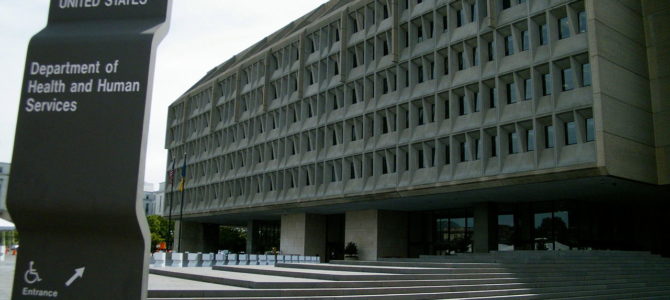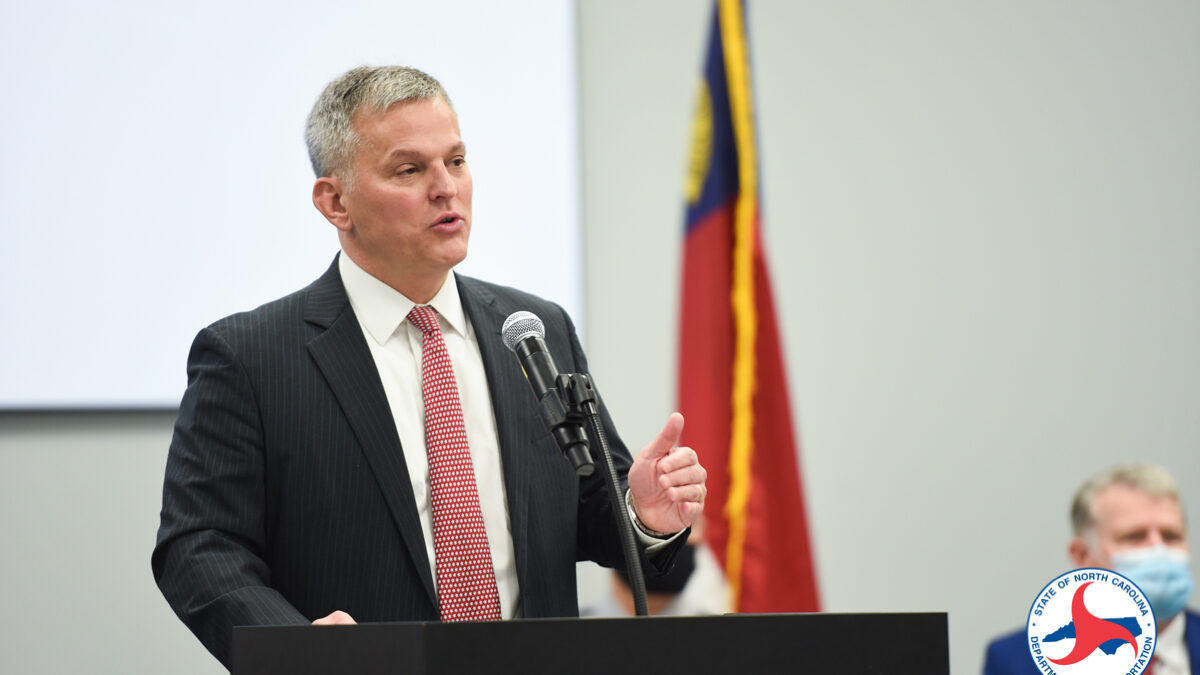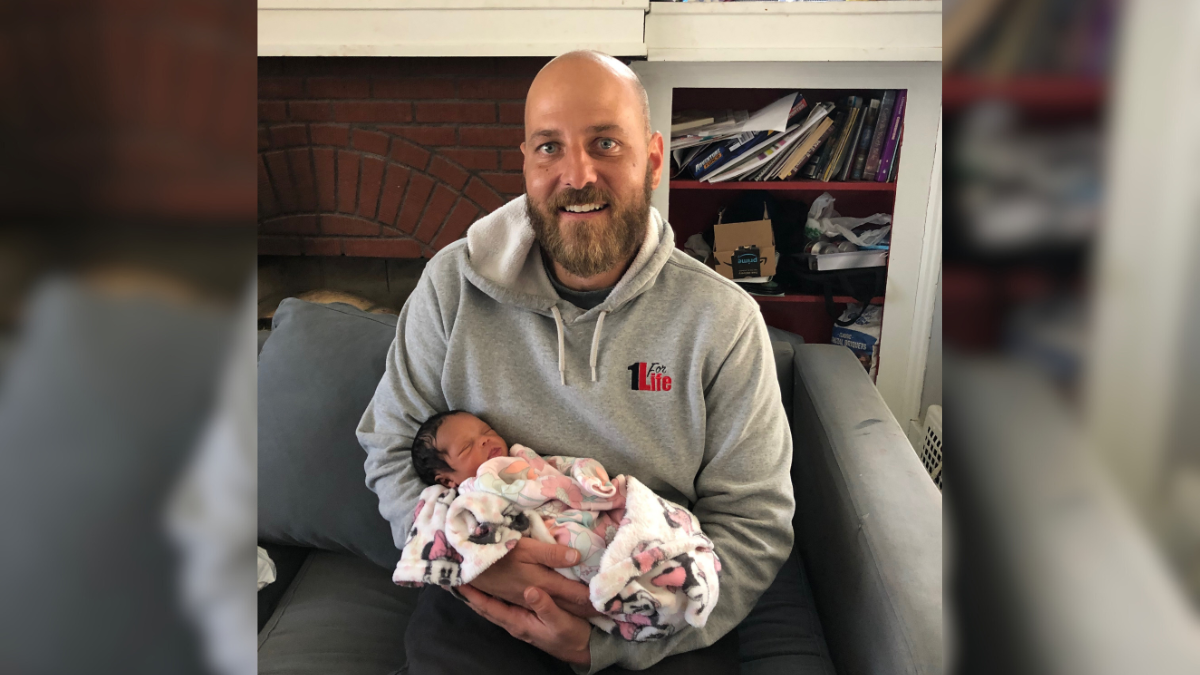This summer, newly minted Assistant Secretary for Public Affairs at the Department of Health and Human Services Michael Caputo launched a project to create public service announcements to inform the American people about the federal government’s response to COVID-19, to encourage vaccination, and to provide hope that there was light at the end of the Chinese virus tunnel. The project was derailed by a combination of federal government bureaucrats and House Democrats acting with what appears to be political, not scientific purposes.
Politico broke the story three weeks back, citing six anonymous sources within HHS who complained that the project raised “red flags.” Meanwhile, House Democrats launched an investigation into the advertising campaign, alleging it was being produced for political, not public health purposes. Tellingly, not one person who spoke anonymously with Politico alleged that anything contained in the ads was scientifically inaccurate, nor did anyone I spoke with at HHS.
So who exactly was playing politics here? Was it the those trying to inform the American people? Or was it those who opposed to the campaign because it might help the president’s reelection chances?
Take this quote in the Politico story from a former Obama administration official for example. “CDC hasn’t yet done an awareness campaign about Covid guidelines — but they are going to pay for a campaign about how to get rid of our despair? Run by political appointees in the press shop? Right before an election?” said Josh Peck, a former HHS official who oversaw the Obama administration’s advertising campaign for HealthCare.gov. “It’s like every red flag I could dream of,” Peck added.
Again, there is not a single allegation here that any of the information in the ads was anything but scientifically accurate. The complaint here is not that HHS was planning to provide any misinformation to the American people, but rather that they would offer accurate information that would encourage people to be hopeful based on the work of the federal government on things like vaccines and therapeutics. So, why would that be a bad thing? The only plausible answer is that it would be bad because it could help Donald Trump politically.
Since the Coronavirus crisis began in late February, and increasingly in recent months, the presidential election has been a complicating factor in the nation’s response. The simple fact of the matter, obvious to everyone in both the government and the media, is that the better the response is in reality or in perception, the more it helps the president politically. We know from polling that the more scared voters are of the virus, the less likely they are to vote for the president.
This political incentive to keep Americans in a panic has been obvious from much of the corporate news media, which is bad enough, but now it seems that very incentive was at work inside HHS and the halls of Congress. That is absolutely unacceptable. It is in fact projection. Enemies of the president inside the government were worried that accurate good news about the virus would help Trump, so they undermined an effort to keep the American people informed to advance their own political agenda.
The only tangible, non-political reason these officials point to in their efforts to sabotage the campaign in that Caputo hired a video team headed up by a business partner. That may well have shown lack of good judgement, but on the other hand, in production it is common to work with people you already have a relationship with, especially when working under strict time constraints.
The broader, and frankly absurd complaint is that politically appointed communications specialists in HHS should not have been producing the ads. Obviously, the entire purpose of a communications team is to, well, communicate. What was the alternative here? Hand Drs. Fauci and Birx a high-end video camera and say “go make an ad?” Scientific expertise is not the only kind of expertise. Communications expertise also exists and it is literally why Caputo was brought in to improve the administration’s messaging, which had been a mess prior to his arrival.
States and localities have been running PSAs for months; it is a basic function of communications within government. Gov. Andrew Cuomo launched a PSA in August telling people to “mask up.” Could that PSA have a negative affect on Trump’s reelection campaign? Sure. Is that any reason why it shouldn’t have been made? Of course not.
Moreover, the goal of giving hope to people, of helping them to avoid falling into despair, is mocked by officials in the Politico story, but why? It is widely acknowledged that suicide, suicidal ideation, and drug addiction have been a side effect of the lockdowns. Are these anonymous HHS officials really so cruel that they would rather see Americans harmed by despair than do something that might help Trump politically? That is not only unscientific, it borders on evil.
Everyone can agree that HHS should stay out of directly involving itself with politics, but everyone can also agree that the actions of the agency will obviously have an impact on political results. The idea that this ad campaign was somehow intended to be a political rather than public health tool, that it was about helping Trump, not about giving accurate information to the American people and saving lives is founded on absolutely nothing. It is a smear campaign by officials within the agency who do not have the courage to put their own names behind their allegations. And their actions did an enormous disservice to the country.







